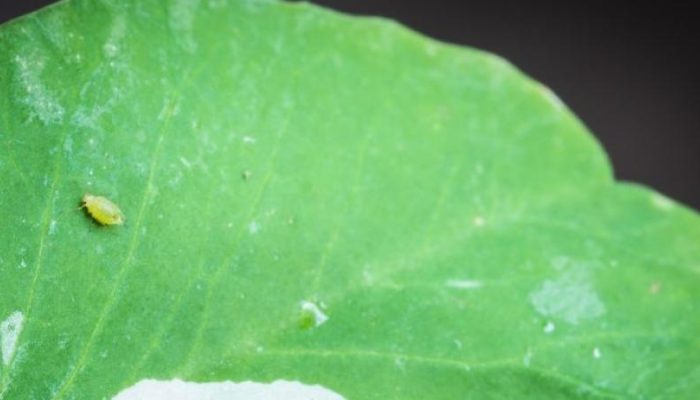Referred to as plant lice, aphids feed upon horticultural and agricultural crops across the country. In Houston, ornamental plants are especially susceptible to aphid infestation. Aphids commonly infest jasmine, bedding plants, hibiscus, hydrangea, roses, vegetables, and oak trees. They are, however, widespread when an infestation is present.
Identifying the Aphid
Every aphid species ranges for a size of one-sixteenth to one-eighth of an inch. These soft-bodied insects can be identified by many colors, yet their body shape is frequently oval, globular, pear-shaped or spindle shaped.
Frequent aphid colors include yellow, orange, red, green, and brown, yet deep blue-green and even white aphids exist. Aphids may have wings, too, as their developmental stages respond to environmental changes. In most cases, an aphid’s body is distinctly separated between the abdomen and thorax. An aphid’s head carries antennae, and its rear carries “cornicles,” or two tube-like structures.
Aphid Dangers to Plants
Around the Houston area, aphid infestations extract sap from plant tissue. Using mouth sections to pierce, such, and consume phloem, many aphids can be found in foliage around a household.
An unkempt population, when developed, can fully infest a surrounding yard. To determine an aphid infestation, search the area for the insect’s exoskeleton. Typically, aphid exoskeletons appear white, waxy and thin. Aphids frequently leave behind a sticky substance referred to as “honeydew,” too. Honeydew often falls upon an infestation area’s lower objects.
Treating an Aphid Infestation
Often, aphid populations are lowered naturally via heavy rain, high wind and seasonal heat. That said, favorable conditions may reduce aphid population moderation. In such cases, insecticide or non-chemical methods may be needed to manage an aphid infestation.
Typically, aphid control plans use low-toxic materials to suppress a population. By spraying the host plants, a provider can dislodge aphids immediately. While water, alone, may be enough to permanently “scatter” an aphid population, chemicals may be required to deal with larger infestations.
If a landscape’s health relies upon non-chemical support, and if high-pressure water isn’t available for scattering, releasing an aphid’s natural predator typically reduces an infestation population size considerably. Remember, always contact your provider before combating an infestation. While aphid removal is generally easy, over-application of methods can harm an infested area’s plant life.
EnviroCon provides pest control services in Houston, Tomball, and surrounding areas. Are you worried that you may be dealing with Aphids on your property? Contact us for more information on our pest control in Tomball, Houston, and surrounding areas, today.

